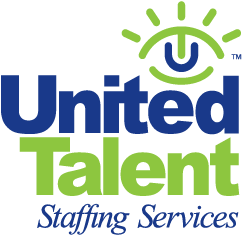Changing jobs is stressful, and changing careers is even more so. Although this can be a leap of faith, it is not an insurmountable challenge. It is, however, important to move forward with a plan. These five suggestions will help to pave the road to a new journey.
1. Decide What You Want to Do
There are many ways to discover what type of employment would be a best fit. You could take one of the many free career aptitude tests available online, or you could commit to Richard N. Bolles more comprehensive self-inventory flower exercise in his book, What Color Is Your Parachute? Perhaps, you have already discovered a new hobby or side-gig on your own.
2. Figure Out How to be Marketable
Following your passion sounds wonderful, but before walking away from your current job and retirement plan, make sure to identify how (and if) you can bring in a regular paycheck. The level of risk can vary in career changes. Returning to school to complete a teaching degree is a more conservative move than opening your own business. It is important to ask the tough questions early in the process. Are there available jobs in this field? Will I make enough money to support my current lifestyle? What if things don’t work out?
3. Try Out Your Next Job
Redecorating your living room may inspire you to start a painting business. However, after painting seven living rooms in a week, you may find the job has lost its glamor. Try shadowing someone already in the industry, or take advantage of volunteer opportunities to work in your newly chosen field. If you are thinking of setting out on your own, start by running a part-time weekend or evening operation.
4. Fill the Gaps in Your Skill Set
Most people assume that switching careers inevitably requires going back to school. This may not always be the case, as many basic skills are transferable from industry to industry. It all depends on what you want to do. You may need to earn a specific degree, on-the-job training or a few months of additional coursework may suffice.
5. Job Hunt
One of the most difficult obstacles to overcome when switching careers is the pesky “at least 2 (or more) years of experience” requirement that appears in many job listings. A traditional resume may not do the trick. Instead, create a functional resume that highlights skills sets and talents over work history. Another tactic is to use the network you developed during your research and trial periods. Or, consider using an employment agency. A company, working with a trusted staffing agency, may be willing to hire you on a temporary basis. In the best case, this might result in a full-time job, and if not, it adds to your experience quota.
Are you looking for more advice on job hunting and changing careers? Check out additional blog posts from United Talent Staffing Services including 5 Important Signs You Need to Make a Career Move.


